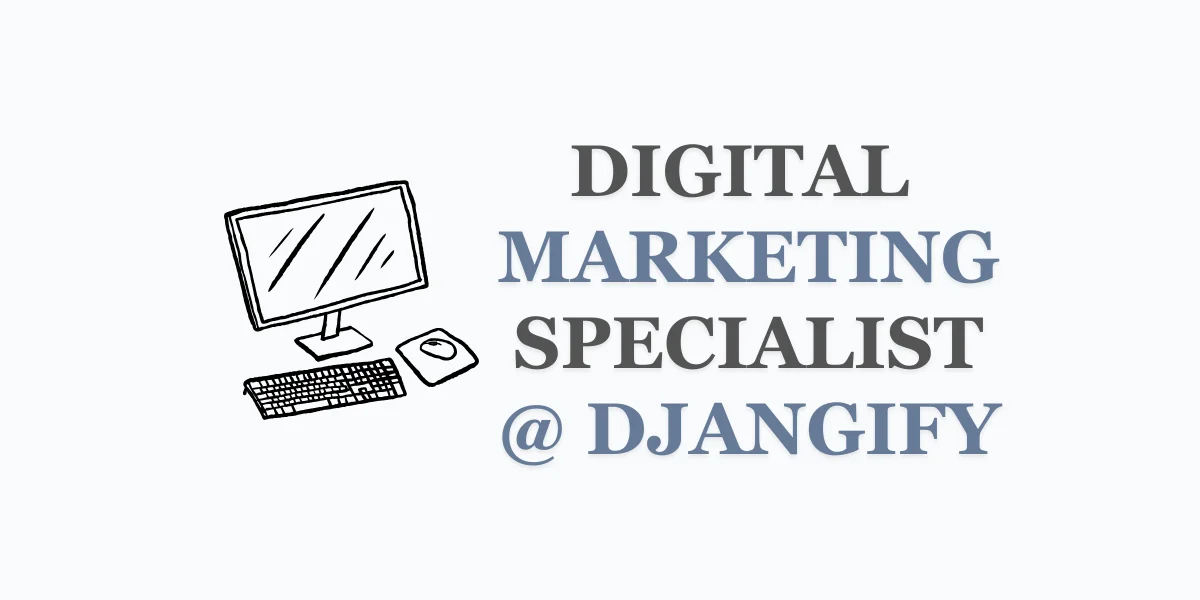Small business owners often juggle a patchwork of tools: one for email, another for landing pages, a separate checkout, and maybe even a spreadsheet or two. It works at first, but over time the pieces stop fitting neatly. Things fall through the cracks, customers get lost in the shuffle, and the tech feels harder than the business itself.
That is where all-in-one marketing platforms come in.
What Is an All-in-One Marketing Platform?
An all-in-one platform brings your essential marketing tools together under one roof. Instead of logging into five different services, you manage everything in a single place.
Most all-in-one platforms cover:
- Landing pages – build and publish simple pages that capture attention.
- Email marketing – send campaigns, newsletters, and automated sequences.
- Funnels – guide people step-by-step from interest to purchase.
- Payment integration – take payments online without bolting on a separate checkout system.
- Basic website tools – publish content and connect with your audience.
Some even include extras like affiliate management, membership areas, or appointment booking.
Importance for Small Businesses
Time and focus are the two resources most small business owners never seem to have enough of. Using a separate tool for each marketing task adds friction and cost. You end up paying multiple subscriptions, and the tech becomes a full-time job.
All-in-one platforms solve that by:
- Saving money – one subscription instead of five.
- Saving time – one login, one dashboard, one system to learn.
- Reducing overwhelm – fewer moving parts means fewer mistakes.
- Keeping customers connected – your email, checkout, and content all talk to each other.
When your systems are simple, it is easier to stay consistent and consistency is what brings steady sales.
Popular All-in-One Platforms
There are many platforms available, each with its own style and focus. Popular names include:
Systeme.io – affordable and beginner-friendly, with strong funnel and email features.
Kartra – packed with features, from video hosting to membership sites.
Kajabi – designed for course creators and coaches.
ClickFunnels – known for funnel building and upsell paths.
The right choice depends on your goals, budget, and how much you want to manage yourself.
The Djangify Approach
At Djangify, I recommend tools that keep things clear, practical, and sustainable. That often means starting small with a platform like Systeme.io, because it covers the essentials without adding unnecessary complexity.
For most small businesses, Systeme.io is the sweet spot. It has everything you need without the high monthly cost of other tools. It is also easier to learn and better suited to businesses that want steady systems.
If you are currently using a collection of tools that you pay for like an email marketing subscription, landing page generation site, course platform fees for your courses, hosting for your website etc - you can replace them all with a single Systeme.io account. That means fewer logins, fewer updates, fewer bills, and less stress.
Working with Djangify means you do not just get the tool; you get a specialist who knows how to connect the pieces properly. If you are switching from multiple platforms or feeling overwhelmed by tech, I handle the setup so you end up with a streamlined system that actually works.
Something To Consider
An all-in-one marketing platform will make running your business a lot easier. By keeping your marketing systems connected and simple, you give yourself more time to do what you do best: serve your customers.
The goal is not more tools. The goal is steady customers, steady sales, and a business that feels manageable.


